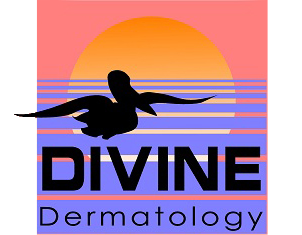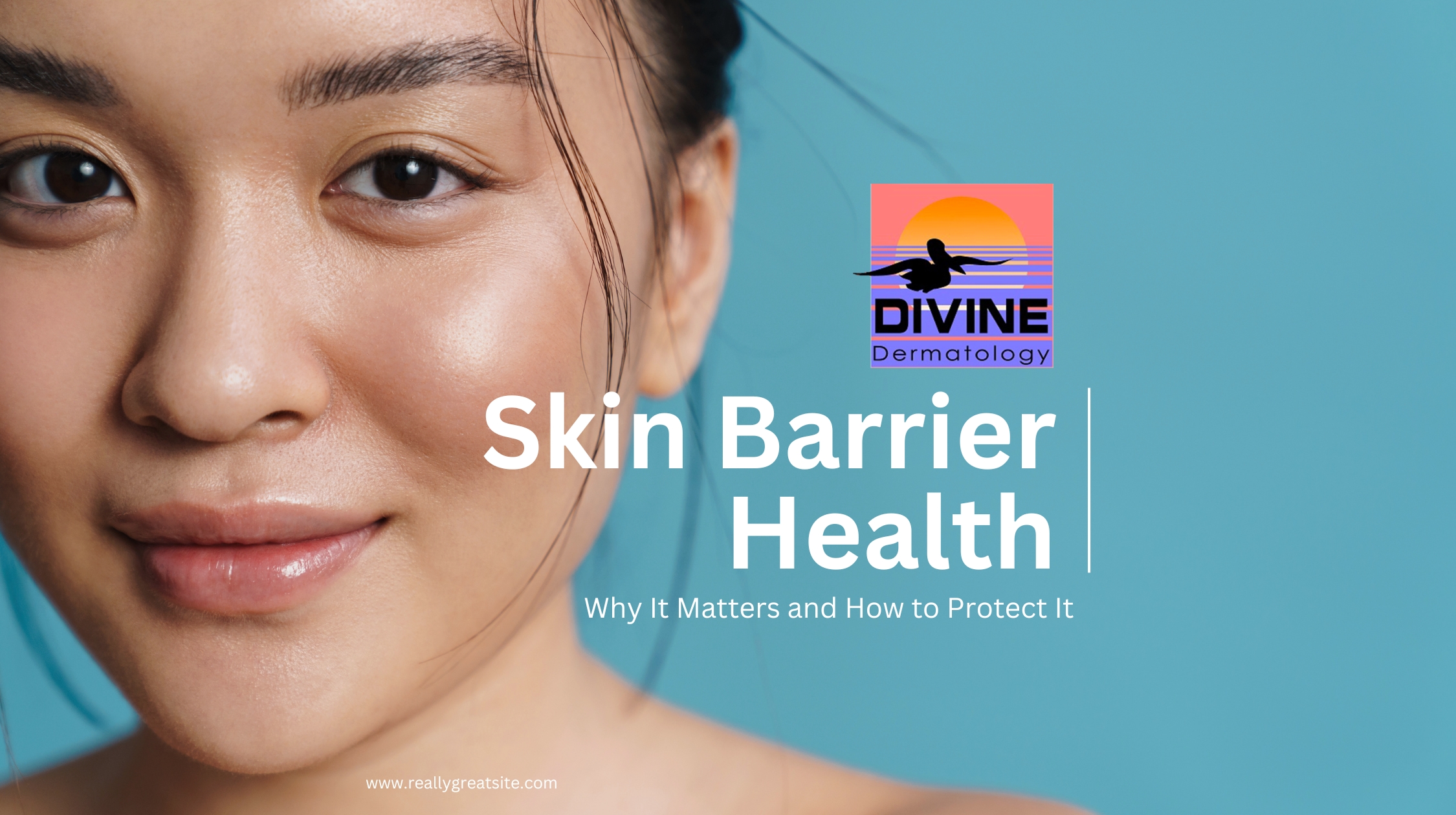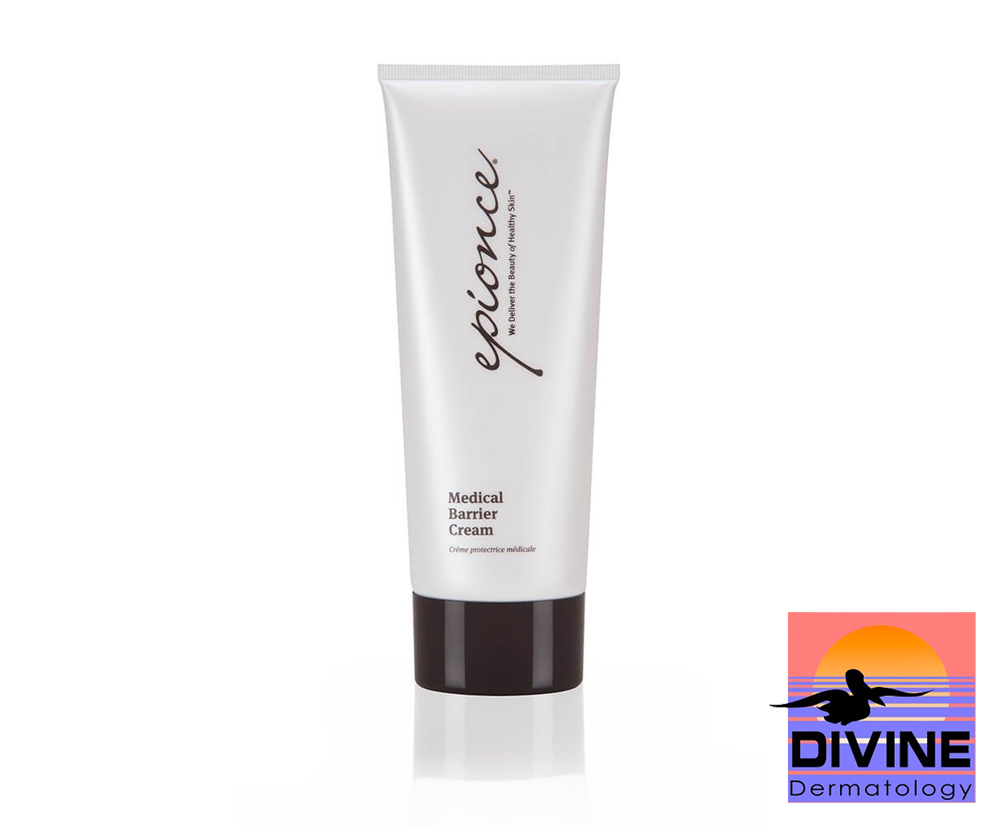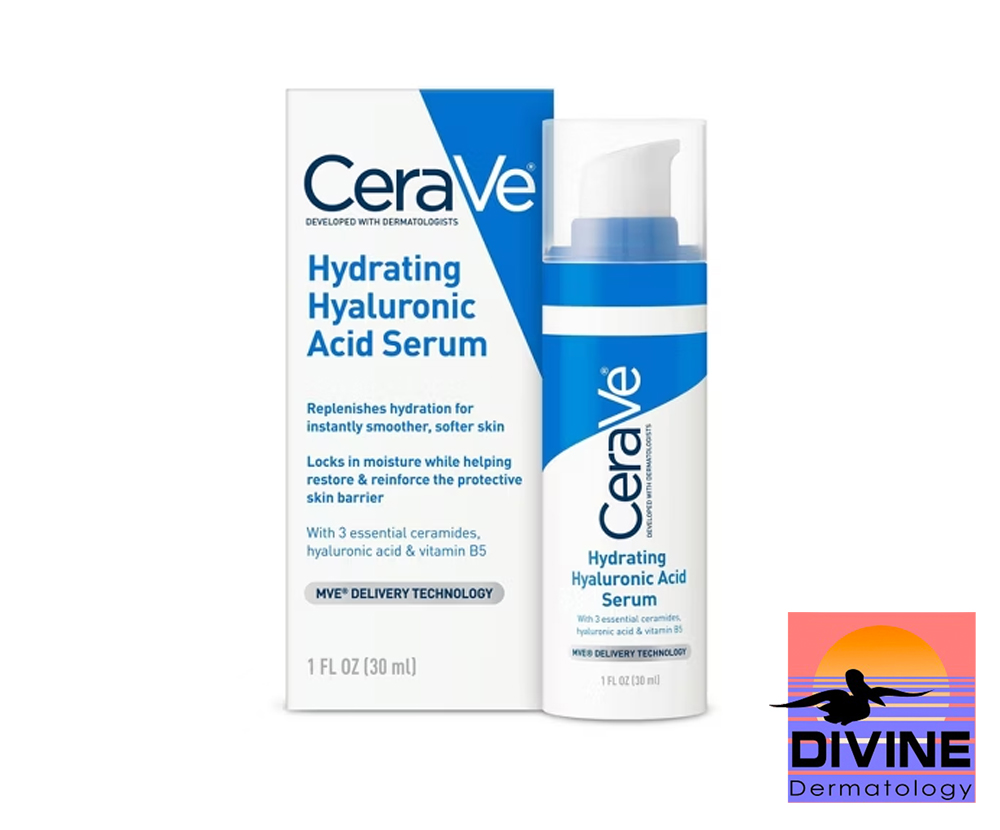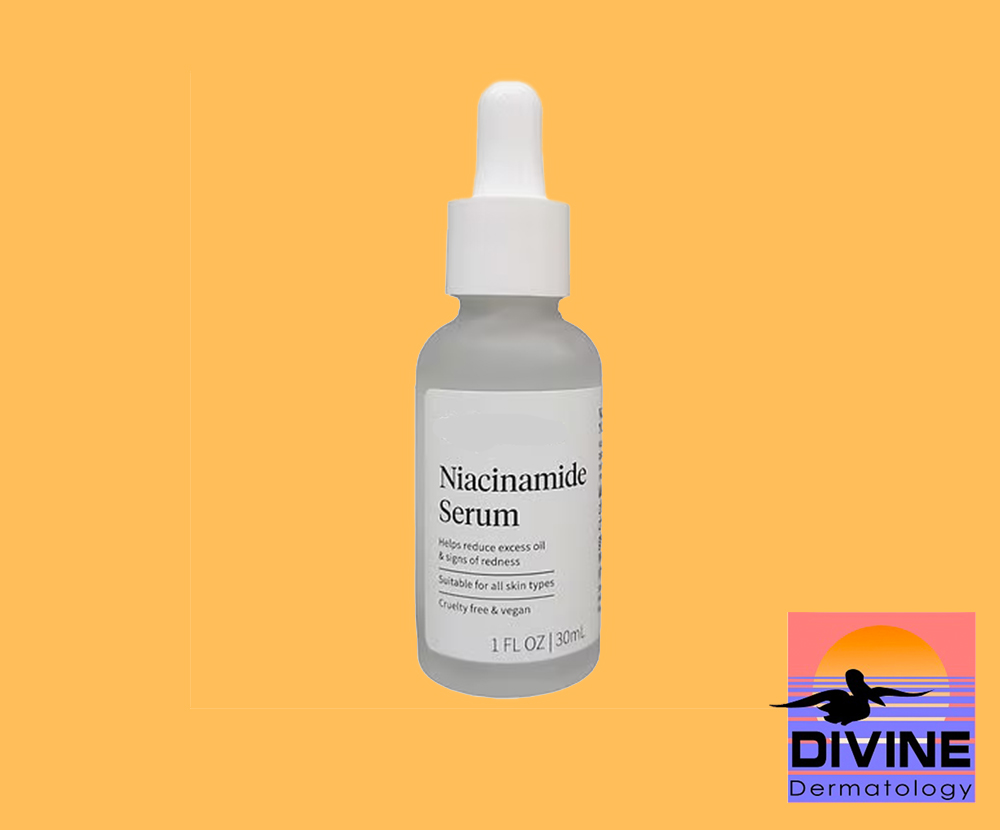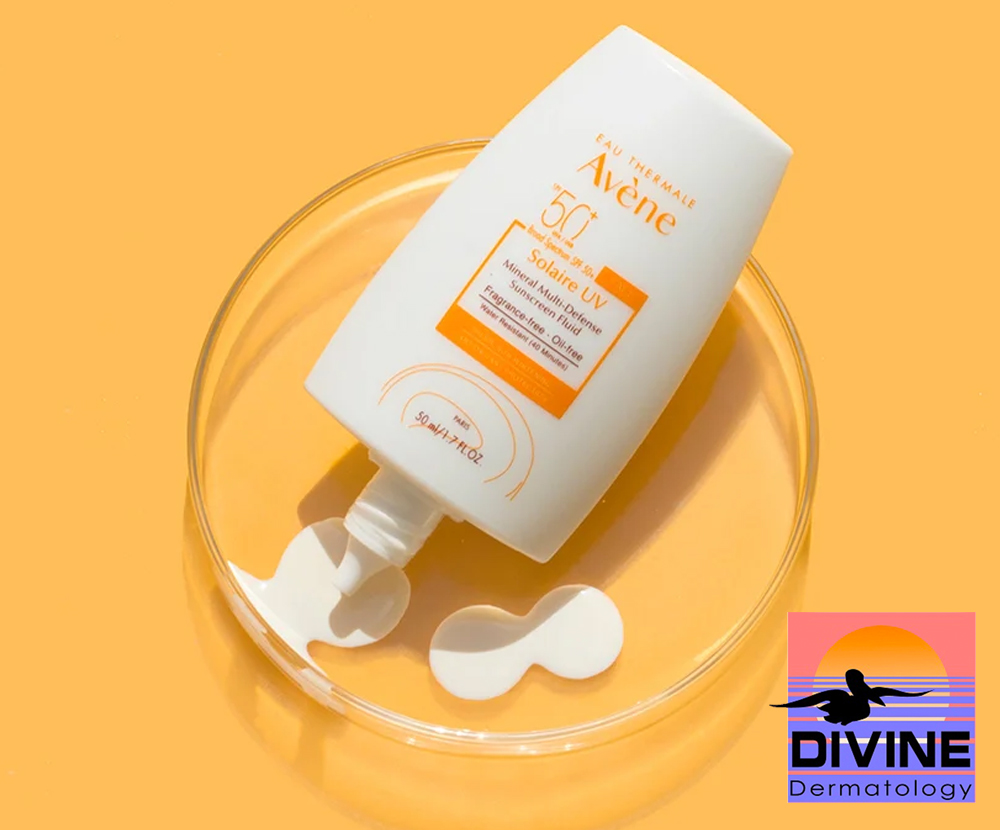The concept of skin barrier health has become one of the most discussed topics in the skincare community—and for good reason. Your skin barrier is your body’s first line of defense against external aggressors, from environmental pollutants to harmful microorganisms. When your skin barrier is healthy and functioning correctly, it helps to lock in moisture, keep irritants out, and maintain a glowing, youthful complexion. However, when compromised, the skin barrier can lead to various issues, including dryness, irritation, and heightened sensitivity.
In this comprehensive guide, we’ll delve deep into the anatomy and function of the skin barrier, explain how to maintain and repair it, and highlight the health benefits of a strong skin barrier. We’ll also provide the latest statistics on skin barrier health, discuss the science behind popular ingredients, and explain how to craft a skincare routine that supports your skin’s natural defenses.
1. Understanding the Skin Barrier: Anatomy and Function
What Is the Skin Barrier?
The skin barrier, also known as the stratum corneum, is the outermost layer of the skin. It consists of tightly packed skin cells called corneocytes, which are embedded in a lipid matrix made up of ceramides, cholesterol, and fatty acids. This layer acts like a brick-and-mortar structure: the corneocytes are the “bricks,” and the lipids are the “mortar,” holding everything together.
- Bricks (Corneocytes): These are dead skin cells filled with natural moisturizing factors (NMFs) that keep the skin hydrated. NMFs include components like amino acids, lactic acid, and urea, which attract and retain moisture.
- Mortar (Lipids): A mixture of ceramides, cholesterol, and fatty acids that provide structure and seal in moisture while keeping irritants out.
Function of the Skin Barrier
The skin barrier serves two primary functions:
- Preventing Water Loss: It locks in moisture and prevents transepidermal water loss (TEWL), keeping the skin hydrated and plump.
- Protecting Against External Aggressors: It shields the skin from pollutants, bacteria, UV rays, and allergens, thereby maintaining overall skin health.
- Statistic: According to the Journal of Investigative Dermatology, a damaged skin barrier can increase TEWL by up to 75%, leading to visible dryness and irritation. Moreover, people with compromised skin barriers are twice as likely to experience chronic skin conditions, such as eczema or dermatitis.
Why Is Skin Barrier Health So Important?
When your skin barrier is compromised, it can no longer perform its protective and moisture-retaining functions effectively. This leads to a cascade of skin issues, including:
- Dryness and Dehydration: Loss of moisture leaves the skin feeling rough and flaky. A 2021 study found that individuals with dry skin had 45% more TEWL compared to those with healthy, hydrated skin.
- Irritation and Inflammation: A weakened barrier allows irritants to penetrate the skin more easily, causing redness and inflammation. Research shows that skin barrier dysfunction is linked to 90% of eczema flare-ups.
- Increased Sensitivity: Skin becomes more reactive to environmental changes and skincare products. Approximately 60% of women and 40% of men report having sensitive skin, often due to an impaired barrier.
- Acne and Breakouts: When the barrier is compromised, bacteria can more easily enter the skin, exacerbating acne and inflammation. A study published in the British Journal of Dermatology found that individuals with acne-prone skin exhibited 30% higher TEWL compared to those without acne.
2. Common Causes of a Compromised Skin Barrier
Several factors can weaken the skin barrier, either alone or in combination. Understanding these causes can help you take preventative measures.
1. Harsh Skincare Products
Overuse of strong exfoliants, astringents, and alcohol-based products can strip the skin of its natural lipids, weakening the barrier. Popular ingredients like salicylic acid, benzoyl peroxide, and high concentrations of retinol should be used cautiously.
- Statistic: A 2019 study in the Journal of Dermatological Science found that frequent use of harsh cleansers and exfoliants led to a 55% increase in TEWL and a 70% decrease in ceramide levels.
2. Environmental Stressors
UV radiation, pollution, and extreme weather conditions (cold, dry air or hot, humid climates) can damage the skin’s lipid matrix, making it more susceptible to water loss and irritation.
- Statistic: Research shows that UV exposure alone can decrease skin lipids by up to 46%, weakening the barrier. Additionally, exposure to air pollution has been linked to a 20% increase in inflammatory skin conditions.
3. Lifestyle Factors
Poor diet, lack of sleep, high stress levels, and insufficient hydration can negatively affect the skin’s ability to repair and maintain its barrier function.
- Diet Impact: Diets high in sugar and low in healthy fats have been shown to decrease the production of skin lipids, making the barrier less effective. According to a 2020 study, individuals who consumed a diet rich in omega-3 fatty acids had 23% lower TEWL compared to those with a low-fat diet.
- Sleep and Stress: Chronic stress and poor sleep can increase cortisol levels, which in turn weaken the skin barrier. A study published in the Journal of Clinical Sleep Medicine found that sleep-deprived individuals had 30% higher TEWL.
4. Aging
As we age, the skin naturally produces fewer lipids, and the rate of cellular turnover slows down. This leads to a thinner, more fragile skin barrier that is more prone to damage.
- Statistic: By the age of 50, the skin produces 50% fewer ceramides, contributing to dryness and increased sensitivity.
5. Over-Exfoliation
While exfoliation is beneficial for removing dead skin cells, overdoing it can strip the skin’s lipid layer, leaving the barrier compromised. This is especially true for physical exfoliants with large, abrasive particles.
- Warning: Dermatologists recommend exfoliating no more than 1-2 times per week for those with sensitive or dry skin. A 2018 study found that over-exfoliation led to a 60% increase in skin redness and irritation.
3. Signs of a Damaged Skin Barrier
Recognizing the signs of a compromised skin barrier is the first step in addressing the issue. Here are some common symptoms:
- Dry, Flaky Skin: Persistent dryness and rough patches are a major indicator of increased TEWL.
- Redness and Inflammation: The skin may appear red or inflamed, often feeling hot or irritated to the touch. 75% of individuals with chronic redness have some degree of barrier dysfunction.
- Increased Sensitivity: Skin becomes reactive to products and environmental factors that previously didn’t cause any issues. According to a 2021 survey, 68% of people with sensitive skin reported worsening symptoms when using products that compromise the barrier.
- Breakouts and Acne: The skin may experience more frequent breakouts, especially if bacteria can penetrate more easily. Research shows that 80% of people with acne also have a weakened skin barrier.
- Itchiness and Tightness: The skin may feel itchy or tight, indicating a lack of moisture. A 2020 survey by the National Eczema Association revealed that 61% of respondents with eczema experienced significant improvement in symptoms after using barrier-repairing products.
4. How to Repair and Strengthen Your Skin Barrier
If you suspect that your skin barrier is compromised, there are several steps you can take to restore and strengthen it.
1. Use Gentle Cleansers
Opt for sulfate-free, pH-balanced cleansers that clean without stripping the skin of its natural oils. Avoid using hot water, which can exacerbate dryness and irritation.
- Example: Micellar water or oil-based cleansers can be effective for removing impurities without compromising the barrier. Fact: A 2021 study found that switching to a gentle, non-foaming cleanser reduced TEWL by 28% within two weeks.
2. Incorporate Barrier-Repairing Ingredients
Certain ingredients are particularly effective at repairing and maintaining a healthy skin barrier. Here’s a breakdown:
- Ceramides: Essential lipids that fill the gaps between skin cells, ceramides are crucial for a healthy barrier.
- Fact: According to a study published in Clinical, Cosmetic and Investigational Dermatology, products containing ceramides improved skin hydration by 35% in just four weeks. Another study found that ceramide levels are 50% lower in individuals with dry or eczema-prone skin.
- Hyaluronic Acid: A humectant that draws water into the skin, keeping it hydrated and plump.
- Use: Layer a hyaluronic acid serum under your moisturizer for maximum hydration. Studies show that using hyaluronic acid can increase skin hydration by up to 96%.
- Niacinamide: A form of vitamin B3 that helps to boost ceramide production and reduce inflammation.
- Statistic: Clinical trials have shown that a 5% concentration of niacinamide can reduce water loss by 24% over 12 weeks. It also reduces redness and blotchiness by 40%.
- Fatty Acids and Cholesterol: These lipids are part of the skin’s natural composition and help to lock in moisture.
- Sources: Look for moisturizers containing shea butter, squalane, or sunflower oil. A 2019 study found that a combination of fatty acids and cholesterol improved skin barrier function by 60%.
- Panthenol (Pro-Vitamin B5): An anti-inflammatory and moisturizing ingredient that helps to soothe irritation and support the skin’s healing process.
- Benefit: Panthenol can reduce inflammation by 30% and improve hydration levels by 20% after just one use.
- Example Skincare Routine:
- Cleanse: Use a gentle, sulfate-free cleanser.
- Tone: Apply an alcohol-free toner to balance the skin’s pH.
- Serum: Use a serum containing hyaluronic acid or niacinamide.
- Moisturize: Seal in hydration with a ceramide-rich moisturizer.
- Sunscreen: Always apply a broad-spectrum SPF of at least 30.
3. Avoid Over-Exfoliation
Cut back on physical and chemical exfoliants while your barrier is healing. Once the skin has recovered, reintroduce exfoliation gradually and use products with lower concentrations of acids.
- Tip: Use gentle exfoliants like lactic acid instead of stronger ones like glycolic acid. A 2017 study found that using lactic acid once a week improved skin texture without compromising the barrier.
4. Stay Hydrated and Eat a Balanced Diet
Hydration and nutrition are crucial for skin health. Drink plenty of water and consume foods rich in omega-3 fatty acids, vitamins, and antioxidants.
- Foods to Include: Salmon, avocados, walnuts, leafy greens, and berries. A 2019 study published in the Journal of Dermatological Science showed that people who consumed omega-3-rich foods had a 25% reduction in inflammatory skin conditions.
5. Protect Your Skin from Environmental Aggressors
Use antioxidant serums to neutralize free radicals from pollution and UV rays. Additionally, wearing protective clothing and using physical sunscreens can provide an extra layer of defense.
- Statistic: Daily use of sunscreen can prevent up to 80% of skin aging caused by UV exposure, as found in a long-term study conducted in Australia.
5. Popular Myths About the Skin Barrier
Myth 1: “Oily Skin Doesn’t Need Moisturizer”
- Truth: Even oily skin can have a compromised barrier. Using a lightweight, non-comedogenic moisturizer can help maintain barrier function. A 2020 study found that 60% of people with oily skin had higher TEWL, indicating a weakened barrier.
Myth 2: “The More You Exfoliate, the Better”
- Truth: Over-exfoliation can strip the skin of essential lipids, worsening barrier damage. Statistic: Over 55% of participants in a 2018 study who over-exfoliated experienced severe irritation and increased skin sensitivity.
Myth 3: “Natural Oils Are Always Better”
- Truth: While oils like jojoba and rosehip can be beneficial, some essential oils can irritate sensitive or damaged skin. Dermatologists recommend patch-testing new oils, as 35% of people with sensitive skin react negatively to essential oils.
6. Health Benefits of a Strong Skin Barrier
1. Prevents Dehydration
A healthy barrier reduces TEWL, keeping the skin hydrated and preventing dryness and tightness.
- Benefit: Hydrated skin is more resilient, plump, and less prone to developing fine lines. Statistic: Well-hydrated skin can retain 30% more moisture than skin with a compromised barrier.
2. Reduces the Risk of Infections
By keeping out harmful bacteria and pollutants, a strong skin barrier lowers the risk of infections and inflammatory skin conditions like acne and eczema.
- Statistic: Research published in JAMA Dermatology shows that a robust skin barrier can decrease the frequency of bacterial skin infections by 40%. Additionally, eczema patients who focused on barrier repair had a 50% reduction in flare-ups.
3. Minimizes Sensitivity and Irritation
A well-functioning barrier prevents irritants from penetrating the skin, reducing redness, stinging, and inflammation.
- Fact: A 2021 clinical trial found that repairing the skin barrier reduced redness and sensitivity by 60% in people with rosacea.
4. Improves Overall Skin Appearance
Healthy, well-moisturized skin appears smoother, more even, and has a natural glow. It also enhances the efficacy of active ingredients in your skincare products.
- Benefit: A well-functioning barrier can increase the absorption and effectiveness of active ingredients by up to 20%, according to research in Dermatologic Therapy.
7. Visual Guide: Photos of Key Ingredients and Products
Conclusion: Prioritizing Skin Barrier Health
Your skin barrier is essential to maintaining a healthy, youthful, and resilient complexion. By understanding how to protect and repair this vital layer, you can prevent common skin issues and enhance the overall efficacy of your skincare routine. Investing in barrier-supportive ingredients, avoiding harsh practices, and adopting a holistic approach to skincare will yield long-lasting benefits.
Remember, the journey to a healthy skin barrier is about consistency and care. Your skin will thank you for it!
Embrace your skincare and rejuvenation, visit Divine Dermatology for expert skin checks, and your skin will thank you for years to come.
Disclaimer: This article is intended for informational purposes only and should not be construed as medical advice. Always consult with a qualified healthcare provider for medical advice and treatment.
